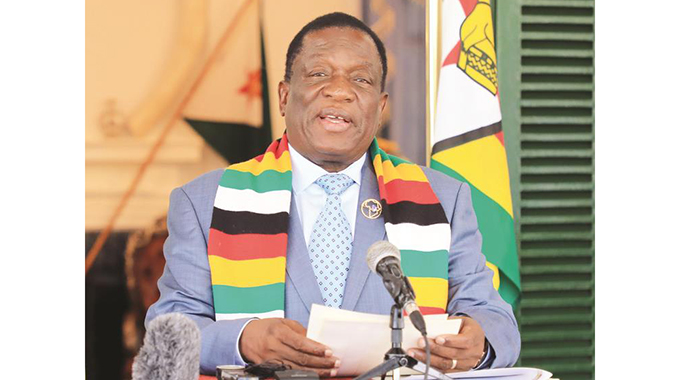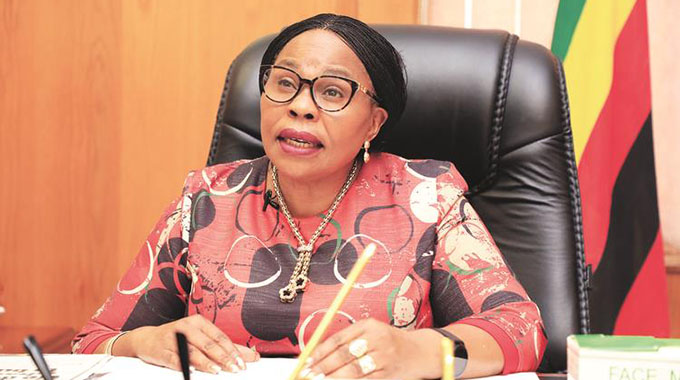ZPCS seeks decongesting prisons

Zvamaida Murwira
Senior Reporter
The Zimbabwe Prisons and Correctional Service (ZPCS) wants 5 000 prisoners, about a quarter of the 20 000 behind bars, released early to help contain Covid-19 infections by eliminating overcrowding.
Such early release would reduce the prison population below the 17 000 that the existing prisons were designed to hold.
At present in Zimbabwe, because there is no parole system, the only way prisoners can be released before the end of the term set by the courts, minus the standard one third off for good behaviour, is for the President to exercise his constitutional powers to reduce the length of a sentence.
In a letter to the Ministry of Justice, Legal and Parliamentary Affairs, ZPCS requested President Mnangagwa to consider exercising his constitutional powers to release some prisoners early.
Justice, Legal and Parliamentary Affairs Permanent Secretary, Mrs Virginia Mabhiza confirmed receiving a request from the prison authorities and her ministry was now working on the necessary paperwork for the consideration of the President.
“In terms of the Constitution, it is His Excellency, the President, who can exercise powers to grant a clemency order. We have received a request from ZPCS requesting that at least 5 000 prisoners be granted amnesty.
“We are now seized with the matter and we are preparing the necessary paperwork for the attention of the President and, if he so wishes and after carefully considering the reasons before him, he can grant a clemency order in respect of certain categories of inmates,” said Mrs Mabhiza.
“ZPCS has cited issues related to Covid-19 and general overcrowding of prisons. Once we receive such a request, our role is to do the paperwork and then it will be up to the President.”
Justice, Legal and Parliamentary Affairs Minister Ziyambi Ziyambi said he was not at work but said when such a request is made, his duty was to take it to Cabinet.
“I have not been on duty for some time, but once such a request is made, my ministry makes the necessary paperwork which I will take to Cabinet. But obviously the Constitution confers powers to the President to grant an amnesty if he feels it is desirable,” said Minister Ziyambi.
In April last year, President Mnangagwa exercised his constitutional powers of mercy to shorten the sentences of a number of categories of prisoners to reduce the prison population to levels that could be accommodated safely.
From the targeted 5 000 inmates, 1 680 were released immediately after meeting the initial criteria although there were far more who, while benefiting from shorter sentences, still had time to serve before their early release.
Only 53 women benefited from the amnesty after it turned out that most of them committed specified offences like murder, robbery, carjacking, sexual offences and public violence.
Women prisoners who had served at least half their effective sentence, juvenile prisoners who had served a third; those sentenced to 36 months or less who had served half of their terms and those over 70 who had also served half their sentences, qualified for release as long as they were not doing time for specified offences.
Offenders excluded from the amnesty included those convicted of murder, treason, rape or any sexual offence, carjacking, robbery, stocktheft and public violence, incitement or attempt to commit these crimes or being an accessory.
Also excluded were prisoners who benefited from a previous amnesty, those jailed by a court martial, which would apply to certain offences by members of the defence forces, and prisoners with a record for escaping from lawful custody.
When prisoners are released early, they are not pardoned. Their convictions still stand along with any portions of their original sentence that was suspended and which will be served if they repeat their crime.
The President uses the lesser power to reduce a sentence,rather than the greater power to pardon the offender.







Comments